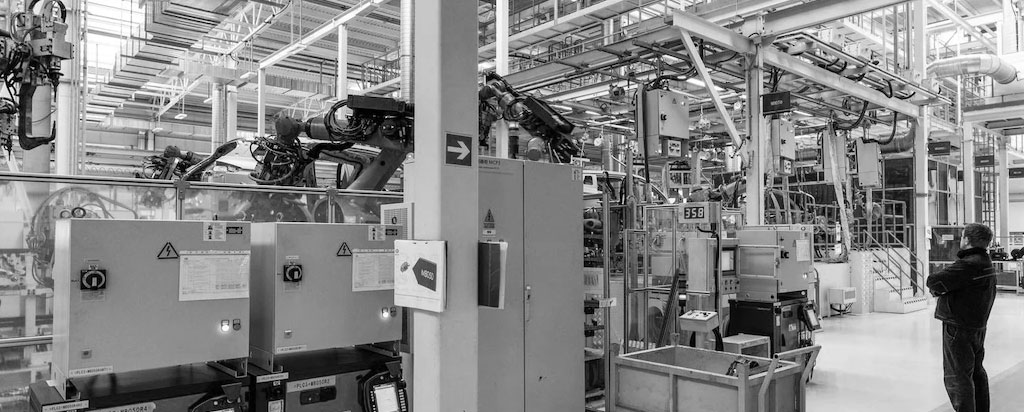Accelerating Growth through Digitization

-
Service Category:
Platform & Technology Transformation -
Vertical:
Consumer Goods -
Region:
India
VIP Industries moved from ECC to SAP S/4 HANA to satisfy the growing business needs, minimize the losses and digitize the process to increase efficiency
THE ENTERPRISE
VIP Industries is a Mumbai-based, consumer goods manufacturing company that specializes in travel utilities, moulded plastic cases, and furniture. They have more than 8,000 retail outlets and a network of over 1,300 retailers in 27 countries. In total, the company employs over 700 people and generates revenue of $180 million every year.
THE BUSINESS CHALLENGES & IT ALIGNMENT
TVIP industries was looking to migrate from ECC to SAP S/4HANA to meet growing business needs. By leveraging S/4HANA technology, they wanted to increase productivity and digitize business processes for better management and minimize losses.
THE SOLUTION WALKTHROUGH
Since VIP Industries was familiar with SAP solutions, an updated version of the same solution was chosen. In order to move to SAP S/4HANA, they upgraded to the latest SAP ERP release. Nihilent contributed with their extensive experience in technical and techno-functional upgrades/conversions for clients of all sizes, complexity, and budgets.
POST-DEPLOYMENT BENEFITS
The adoption of SAP S/4 HANA re-established a standard information system and accelerated business processes. A simple database, improved system monitoring, and quality controls were some additional functionalities of the SAP S/4HANA suite enabled. The conversion was combined with initiatives such as shifting to standard functionality rather than custom development, resizing, and shifting to better hardware, resulting in a reduction of TCO.




